World Senior Citizens Day: Elderly should be considered assets, not a burden
City’s older crowd chimes in on moves needed to accommodate aging population.

According to World Bank statistics, South Asia will experience a dramatic nine-fold increase in its elderly population between 2010 and 2025, when life expectancy will increase to 75 years for men and 82 for women. In Pakistan, the estimated elderly population of around 10 million is expected to rise to around 10 per cent of the population.
However, senior citizens in Pakistan are not equipped with the benefits necessary to lead secure, independent and dignified lives. Hafeezuddin Ahmed, the information secretary of the Senior Citizens Foundation, shared with The Express Tribune that while senior citizens countrywide suffer due to inadequate care and welfare, they are worst-off in urban areas. “In villages the elderly are still looked after as they have a tight-knit security net through their family and friends. The situation in the cities is very different, as familial ties are less strong and individuals value their independence more,” added Ahmed.
As life expectancy rises disproportionately due to medical and welfare facilities, Ahmed also noted that senior citizens are treated as a burden on the economy rather than the assets that they could be.
He stated that the social mindset regarding the elderly must change before policy changes can take hold.
MK Sufi of the Islamabad Citizens Committee proposed that a way to change the prevailing mindset of the elderly as a burden, is to raise the retirement age. “We see professors who are able-bodied but at 60, they are let go by Pakistani universities. Those same professors go abroad and are able to teach there because employment is based on ability, not age,” added Sufi.
He said senior citizens are not a spent force to be discarded, in fact they include people from all walks of life and some with high academic qualifications and experience in different fields, which could still be utilised well.
“The senior citizens foundation could set up a business centre and offer the services of senior citizens through it in various fields,” Sufi said. Senior citizens would thus be gainfully employed.
He also felt they should be exempted from all taxes if they do not have a job or other source of income beyond their pensions, including taxes on travel, medicine, self-occupied houses, utility bills and other facilities. He was against the issuance of special cards for seniors, saying that national identity cards are a sufficient identifier of age and the money needed for special cards would be better spent elsewhere.
Rasul Bux Palejo, 82, Chairman of Sindhi National Party Awami Tehreek (People’s Movement), also noted that the large elderly population group should be empowered and facilitated as change makers in the country and should be encouraged to vote.
Though the Senior Citizens Foundation is hopeful that after a twenty-year hold off, the Senior Citizens Bill will finally pass through Parliament, passage of 18th amendment might delay the process further, said Ahmed.
This year, travel from India to Pakistan and vice versa has been made easier for senior citizens under recent bilateral agreements.
The elderly can collect visas on arrival, making meeting relatives easier as well as allowing access to medical procedures between the two countries. Sufi noted that this is a positive step for easing travel for senior citizens while building goodwill in the region.
Published in The Express Tribune, October 2nd, 2012.

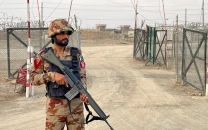
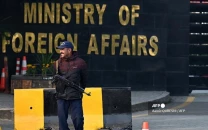

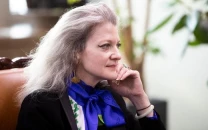
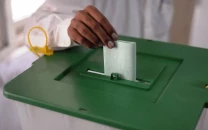
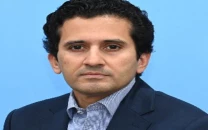





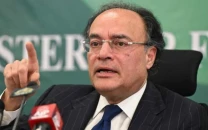






COMMENTS
Comments are moderated and generally will be posted if they are on-topic and not abusive.
For more information, please see our Comments FAQ